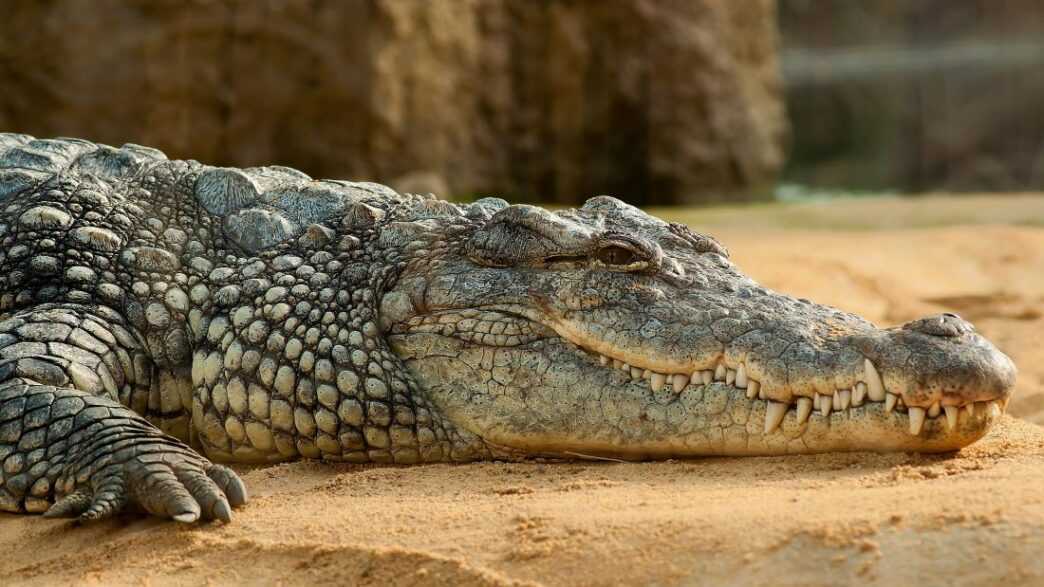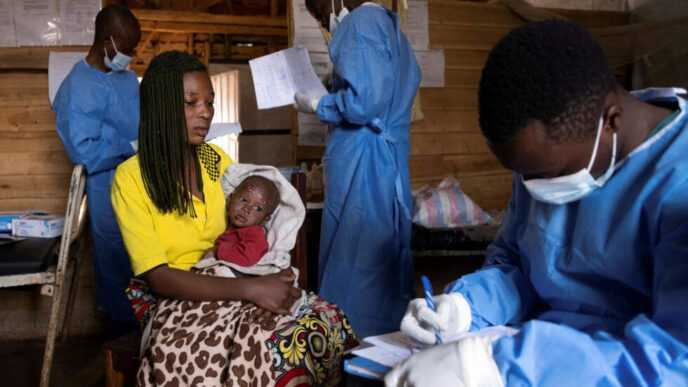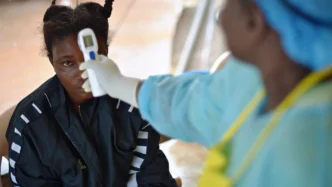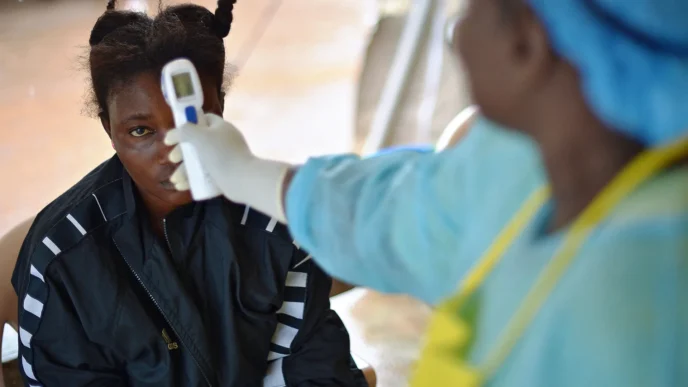Indonesia Crocodile Attack Claims Plantation Worker’s Life
An Indonesia crocodile attack tragically claimed the life of a 44-year-old plantation worker in West Kalimantan province on the island of Borneo.
The victim, who was working on a palm oil plantation, encountered the reptile alongside a colleague. The crocodile pursued the pair, biting the woman’s left hand and dragging her into a ditch, according to local authorities.
Despite her colleague’s desperate attempts to free her from the crocodile’s powerful grip, he was forced to flee and alert local police in the Ketapang district.
After an intense 90-minute search, officers discovered the victim’s remains still clutched by the crocodile. Local police chief Bagus Tri Baskoro stated that rescuers approached the animal, prompting it to release the body.
Habitat Disruption Contributes to Risk
The Indonesia crocodile attack is a stark reminder of the country’s wildlife dangers, with its jungles hosting multiple crocodile species known for their aggressive interactions with humans.
Borneo, shared by Indonesia, Brunei, and Malaysia, is rich in biodiversity but faces increasing threats from habitat encroachment.
Palm oil plantations and logging projects have drawn criticism for disrupting the region’s rainforests, displacing wildlife, and heightening the risk of human-animal conflicts.
Rising Incidents Demand Attention
This fatality follows other crocodile-related deaths in Indonesia, such as the August killing of a 54-year-old woman on the Maluku Islands while bathing in a river. In a notable 2018 incident, a mob in Papua killed nearly 300 crocodiles after a local resident was fatally attacked.
These incidents highlight the urgency for safety precautions and balanced environmental management to lessen the risks posed by wildlife.
The tragedy of the Indonesia crocodile attack raises vital questions about coexistence with nature in areas where industrial expansion clashes with fragile ecosystems.
As human activity encroaches further into wildlife habitats, can sustainable solutions prevent future losses of life?















